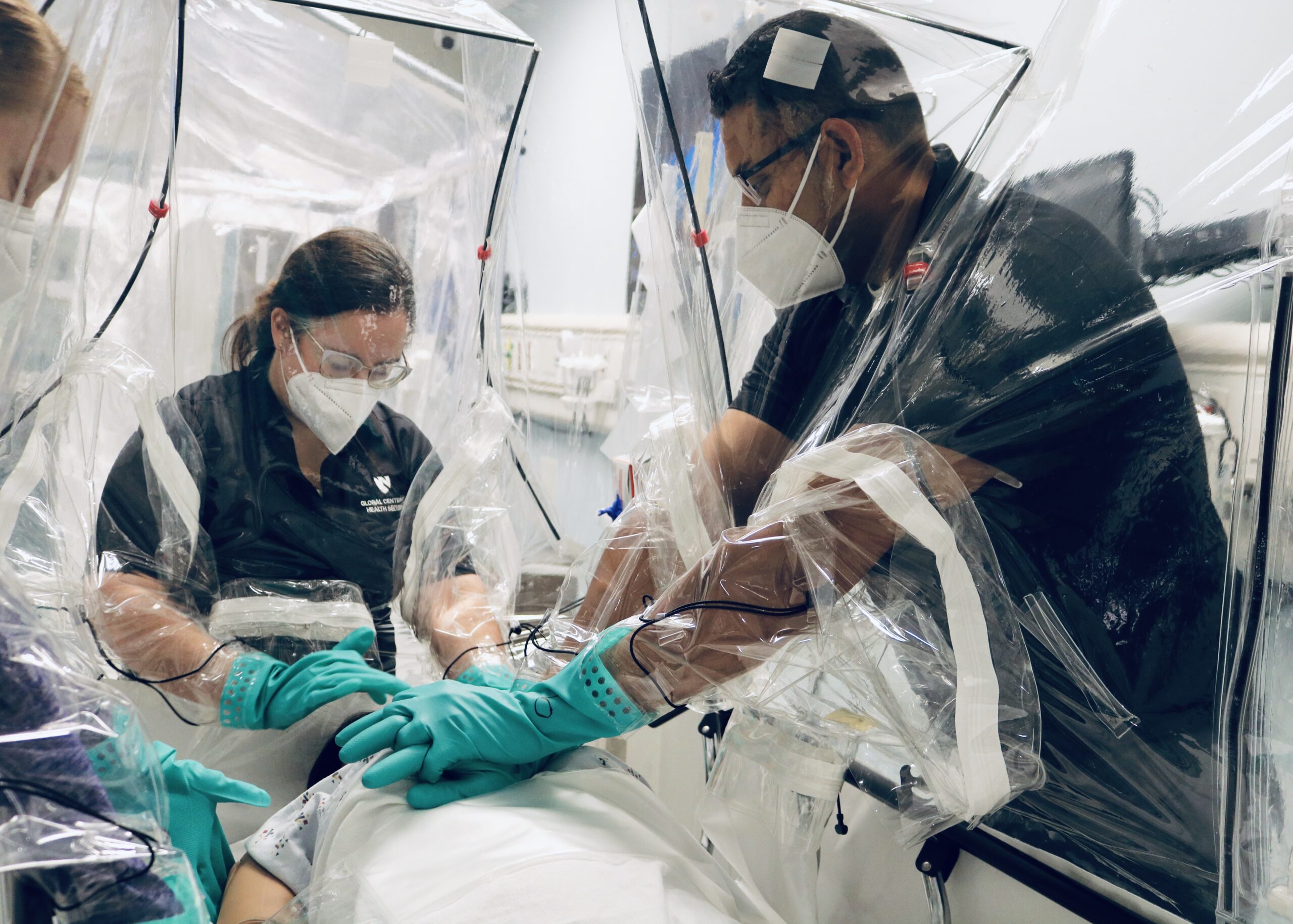Meet John Grange, Co-founder & CTO @ Opscompass / Co-founder & General Partner @ MOVE Venture Capital / Co-founder & Board Chair @ Nebraska Startup Academy
How would you describe the startup culture in Nebraska?
I don’t know the exact words to describe our particular startup culture here in Nebraska. However, I do think that in many ways we’re an emerging tech hub and there are elements of our startup culture that are representative of that. So, you look around the startup scene here and you see a lot of gritty founders, building pretty cash efficiently, and often building tech in spaces that involve physical things like Ag, Bio, Health, Logistics and more. We need much more of this, but I think we’re starting to see a kernel of the startup culture you’d expect from a regional tech hub with strong public/private/university collaboration.
How do you balance taking risks and making calculated decisions in pursuit of innovation?
When it comes to innovation, at least as it relates to startups, I think a big part of it comes down to how you capitalize the business. If it’s a truly disruptive innovation, then you really need to have both speed and scale to win. Under-capitalized companies can have a difficult time even getting to scale, let alone getting to scale with enough speed to really disrupt a market. This is basically why venture capital, as an asset class, exists.
Innovative startups need a lot of capital to disrupt a market, and investors like the potential for outsized returns from investing in high risk/high reward innovation. So, a big part of balancing the risks of innovation is determining how disruptive your innovation is and assessing the right way to capitalize the project.
How do you define success and what metrics do you pay the most attention to?
I personally define success very broadly. I’m a big believer of exploring the space of interesting projects and trying things out. In my experience, very successful people have a bias towards action and building. They try a lot of things. One of the ways I define success is how many things you’ve built, not necessarily being concerned with the specific nature of those things or how financially successful they were.
When it comes to products, I think all roads lead back to users using your product and getting value from it. If users love your product and use it a lot, it always translates into revenue and enterprise value.
What are the top one or two challenges / opportunities Nebraska startups face?
The obvious one is capital which is a challenge, not just in Nebraska, but for founders in most non-coastal markets. Another one is how difficult it is to get early local customers as a startup in Nebraska. Per capita, we have a significant base of large corporations that can buy from the biggest vendors in the world so it’s difficult to break through as any startup, let alone one that’s not based in Silicon Valley.
When early-stage startups can show early traction with big companies, it drastically improves their ability to raise funds — it’s a game changer. The other side of that is, because we are a small state relative to our corporate presence and overall wealth, local leaders and individuals with access to tremendous resources are reasonably accessible. It’s pretty common here to be one degree away from a local Fortune 500 executive and other business leaders. This accessibility is something that our gritty founders tend to leverage.
What is one emerging industry or technology that you believe will have a significant impact on the Nebraska startup ecosystem in the next few years?
When you look around at the startups in Nebraska and where the risk capital is going, I think there are a couple of places where we can have a national and global impact in terms of technology. Ag, bio and health technology are strengths, and I think we have real opportunities available in the application of emerging technology in these spaces.
Right now, I think AI and robotics, in particular, present a major opportunity for Nebraska startups. Farms and barns, operating rooms and ethanol plants, these are all physical spaces. Innovating in these spaces involves solving very practical problems that require expertise that’s unique to us.




